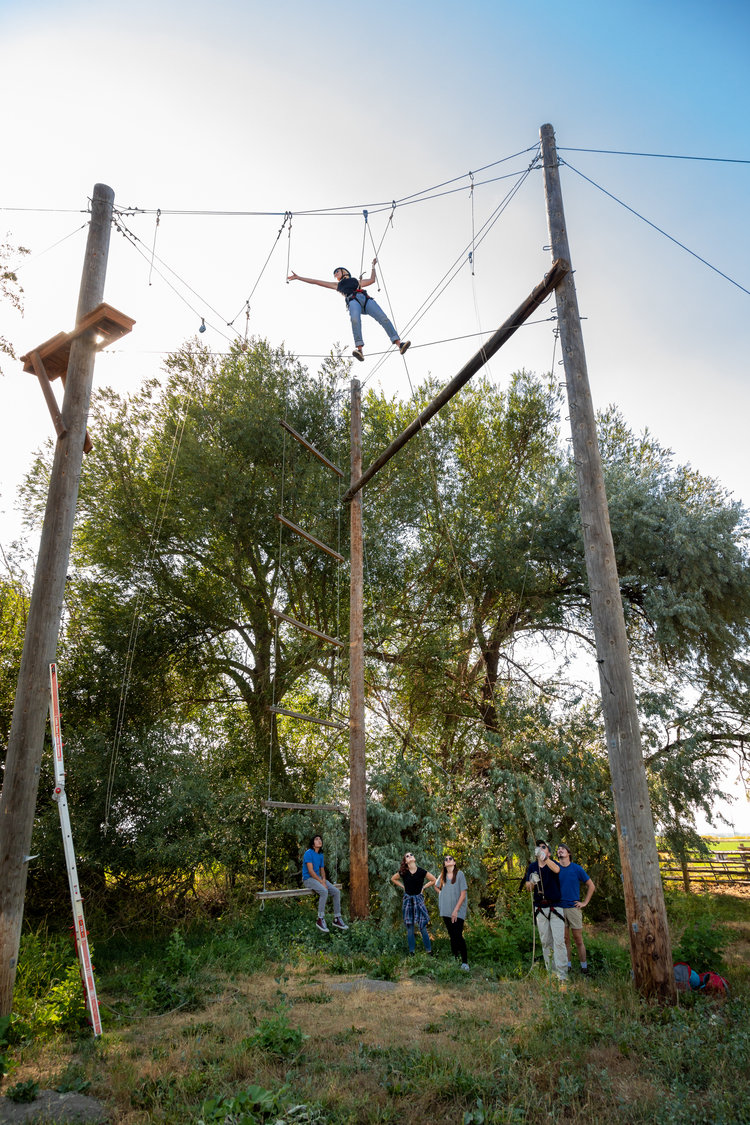Doing Well: Experiential Therapy:
Experiential therapy is an alternate to traditional psychotherapy that can benefit many different types of people who suffer from addiction. Many alternative forms of therapy exist, and understanding the differences can help guide your choice of treatment. Therapy can be highly individualized and is structured differently depending on your particular situation. Experiential therapy is one of many paths to recovery.
HOW EXPERIENTIAL THERAPY WORKS
Experiential therapy focuses on doing rather than talking. Therapists encourage clients to engage in activities which occupy the mind and body, often allowing the individual to process emotions and information more easily. The therapist may then provide feedback, either during or after the exercise, while also allowing the client to engage their own feelings and reactions. Many of these activities take place outside a normal office setting.
TYPES OF EXPERIENTIAL THERAPY
Just as there are many options for therapy, a number of experiential therapy techniques exist. Experiential therapies range from between simple exercises to more elaborate activities. Such techniques include:
- Art therapy
- Music therapy
- Play therapy
- Gestalt therapy
- Drama therapy
- Adventure therapy
- Equine therapy
Art, music, drama and play therapies are especially important for those who struggle with expressing emotions. Such methods provide sensory outlets for emotion, rather than relying on verbal communication.
Gestalt is also a common form of experiential therapy in which the client develops self-awareness by imagining an individual or situation involving conflict so they may engage and address the issue.
Adventure therapy and equine therapy are more elaborate, including hiking, climbing and other outdoor activities. People are often more comfortable around animals, feeling that animals do not judge or accuse in the same way human beings do, and interaction with them can be a safe environment for expressing and working through emotions.
BENEFITS OF EXPERIENTIAL THERAPY
Therapy is an important aid for those who suffer from addiction. Experiential therapy in particular may be helpful for those who struggle with face-to-face interaction with a therapist. It can be difficult to share emotions with another person, but experiential treatments may help reduce that stress. Each technique is designed to engage a person in an activity, thereby helping to ease the process.
Engaging with activities such as drawing, painting, dancing or other artistic pursuits may help overcome trauma, improve self-image and encourage healing. Communication in therapy is important, and these activities can create a shared language between therapist and client that bypasses traditional interactive therapy.
The more active techniques, such as hiking, camping, rock climbing or even rafting are important for encouraging personal growth. Self-confidence, personal responsibility and problem solving are some of the qualities these activities can inspire.
All of these forms of therapy can be beneficial for those suffering from addiction, especially if more traditional methods of therapy are not working. They may increase the ability to cope with stress, the development of positive self-image and the ability to engage and interact with others.
DOING IS HEALING
Experiential therapy can be an important step toward recovery for those suffering from addiction, and these techniques can help alleviate the pressure of therapy by injecting fun, interesting activities into their lives. While traditional therapy is beneficial, some people may find experiencing therapy, rather than talking through it, to be a critical component of their path to recovery.

